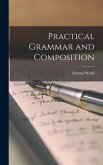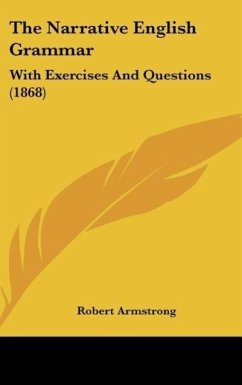In "A Grammar of the English Tongue," Samuel Johnson presents a pioneering exploration of the English language, characterized by its systematic approach and clarity of exposition. Written in the 18th century, this seminal work aligns with the literary shift toward linguistic regularity and prescriptive grammar during the Enlightenment. Johnson meticulously organizes the rules of English grammar, addressing syntax, morphology, and usage, making it accessible not only to scholars but also to the educated public. His elegant prose and insightful commentary reflect the period's broader efforts to define and stabilize the English language amidst its evolving nature. Samuel Johnson, an esteemed lexicographer, and literary figure, deeply engaged with the intricacies of language, having previously authored the renowned "A Dictionary of the English Language." His own struggles with linguistic norms, alongside a profound interest in the evolving nature of English, motivated him to compile this grammatical framework. Johnson's background as a writer, thinker, and social critic provided him with a rich context to examine the language as both a tool for communication and a reflection of national identity. This grammar is an essential read for linguists, historians, and anyone fascinated by language's structure and evolution. Johnson's work not only serves as a practical guide but also as a cultural artifact that encapsulates the transition of English during the 18th century. Readers will find themselves enchanted by Johnson's insights, making it a compelling addition to any shelf dedicated to the study of language.
Bitte wählen Sie Ihr Anliegen aus.
Rechnungen
Retourenschein anfordern
Bestellstatus
Storno








